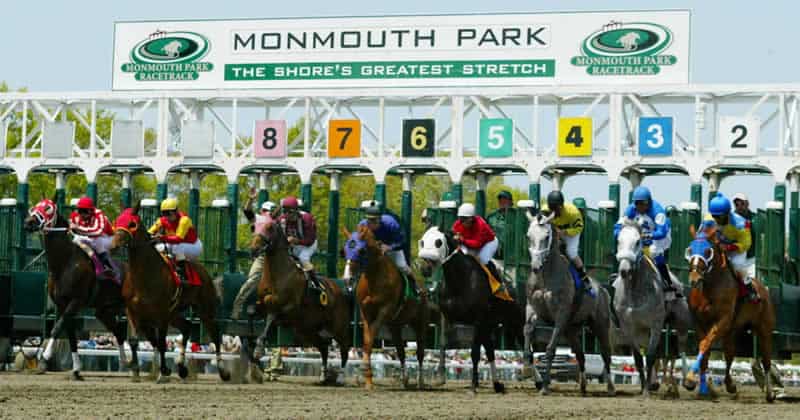New Jersey lawmakers are wanting to give the horse racing tracks a cut of the action on internet gambling. The state is going to vote on Assembly Bill 4255 that will authorize tracks to offer internet gambling on their premises if they can reach an agreement with an Atlantic city casino and an online affiliate of an Atlantic city casino. Atlantic City offshore online casinos are not being considered for this type of partnership. Democratic Assemblyman Ralph Caputo says it is a way to gain new revenue and help a struggling race industry in New Jersey as it would bring more traffic to the racetracks.
Horse racing has been a part of New Jersey’s past time for as long as living people can remember. It was officially banned in 1897 and resumed in 1942 when thoroughbred racing exploded in popularity across the United States. Monmouth Park is one of several historical race tracks that is centrally located and dates back all the way 1870.
Dennis Drazin is the chairman and CEO of Monmouth Park racetrack in Oceanport stated that “The casinos should realize that absolutely nothing will happen unless they agree to allow it through an agreement with a track. Nobody is forcing anything on them. This is really a win win for the racing industry and the casino industry.” Drazin wants the race tracks to be exempt from state laws that ban real-money gambling and internet cafes.
Supporters believe that track patrons would be betting on online casino events in between races and that the tracks should be compensated for bets placed, the exact compensation would have to be negotiated. The Casino Association of New Jersey (CANJ) has yet to respond.
The CANJ is a New Jersey trade organization and collective voice for Atlantic City casinos. They strive for a thriving casino industry to create economic growth and prosperity for their city residents. Over the past 40 years the Atlantic City casino industry has paid over 4 billion in real estate taxes, over 1 billion in non-casino development projects and employs over 23,000 New Jersey residents among many other things they do for their community.
Historical race tracks like Monmouth, Freehold and Garden State Park have all reported dwindling attendance numbers since the early 1980’s and this new bill is expected to bring some of the excitement back to a struggling thoroughbred horse racing industry in New Jersey.
New Jersey has the largest internet gambling market out of the three states that permit online gambling in the U.S. Philadelphia has recently approved a similar motion, and Delaware already has a system in place of the same nature. New Jersey residents are on pace to win about 250 million in gambling revenue this year from online services alone.
Nothing is scheduled yet with the state Senate, but the committee is considering the measure if an agreement can be met.

